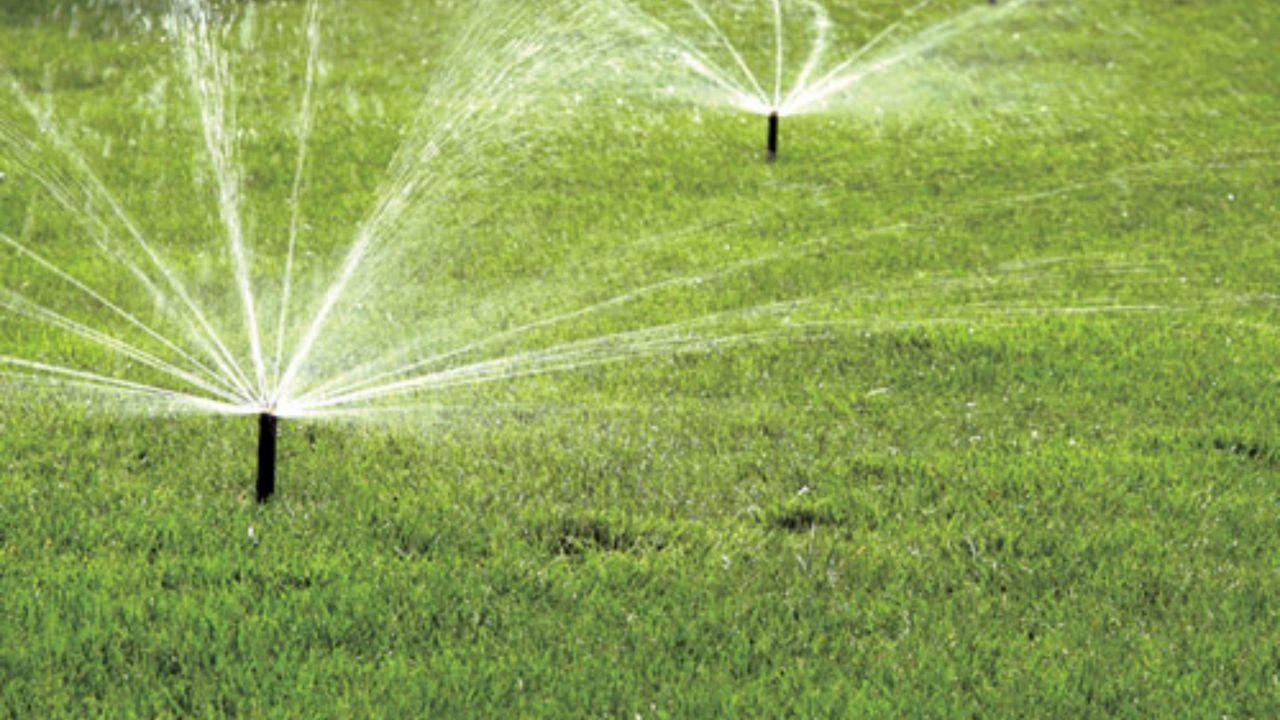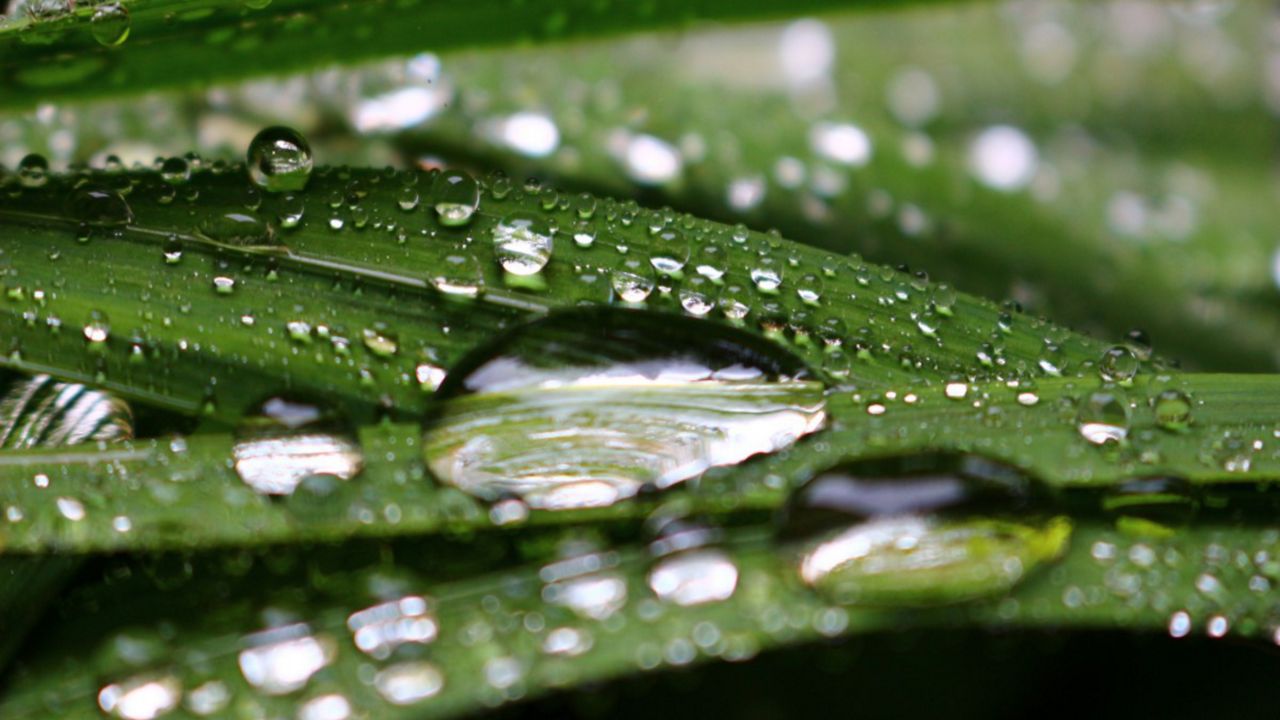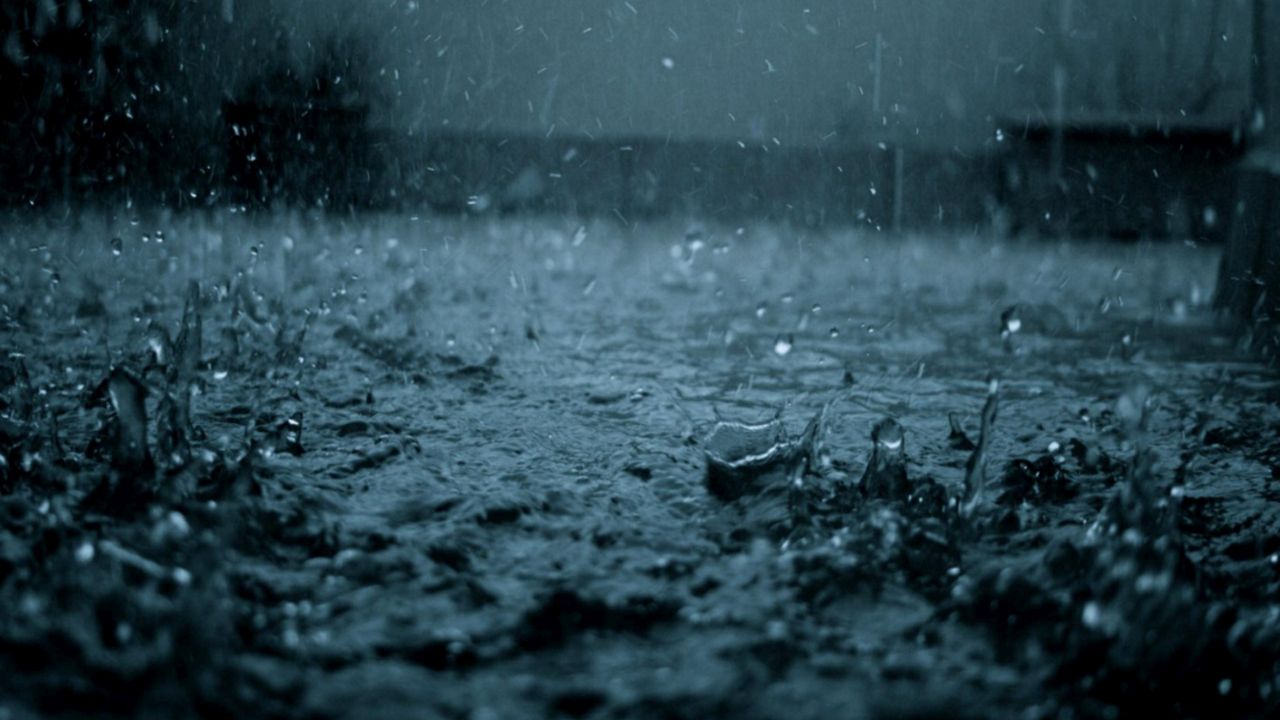When it comes to your plants, rain has benefits that tap water simply can't deliver.
If you want that lush, beautiful-looking lawn and garden, natural rain is a must! There are several reasons why rainwater is more suitable for plants than tap, but the most important is the chemical makeup of each water type.
In tap water, chlorine is used as a disinfectant, and fluoride is added to help prevent cavities. Nearly all plants, however, are susceptible to chlorine and fluoride toxicity. One way to tell if your plants are suffering from this is if the leaves look burnt, discolored or spotted.
Sodium is another ingredient found in tap water that can be harmful to your plants in large quantities. The white sediment you can sometimes see on the leaves of your plants is residue from sodium and can be toxic to plant tissue. Sodium that reaches the ground can be damaging to the soil and root system as well.

Despite all of this, if you find yourself in a long stretch of dry weather, it's still important to keep the plants watered with tap water versus leaving them completely dry!
Have you ever noticed that plants look greener after a good rainfall?
Nitrogen contained within the rainwater is the main reason for this.
Rainwater also contains more oxygen than tap water, and this helps plants grow full and lush.
Carbon dioxide is also brought down to Earth to the benefit of plants when it rains. Once carbon dioxide reaches the soil, it can help release important nutrients for the plants.

Chemical makeup aside, rain normally falls more uniformly in the garden meaning that nothing gets left out. Also, rainwater will wash off harmful mineral deposits, dust and pollutants that cover the leaves of our plants.



